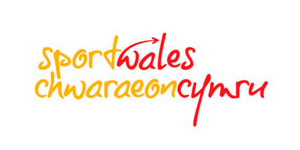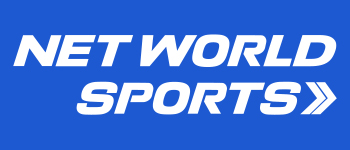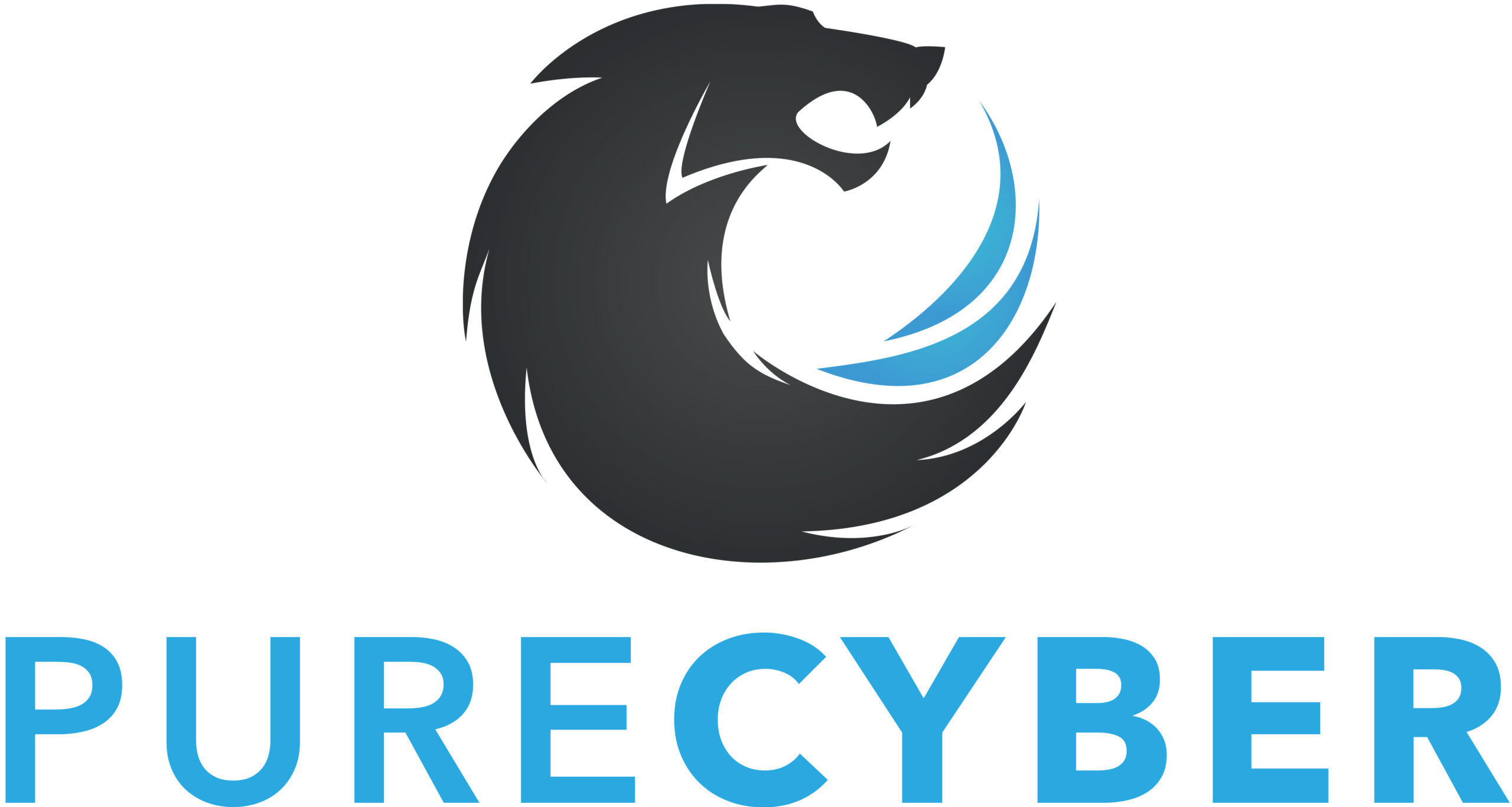Esports and Gaming and how traditional sports can engage
On April 16th the Welsh Sports Association (WSA) and the British Esports Association ran a webinar to introduce esports to the sector. We looked at the different games and platforms involved and its potential benefits to WSA members in traditional sport and active recreation.
Elliot Bond, of the British Esports Association, the national body for grassroots esports, ran through some examples and suggestions on how to get involved and importantly detailed the audience that’s currently engaged.
British Esports has been members of the WSA since May 2018 and it had been on the agenda for quite some time to engage and collaborate with the sporting sector in Wales.
We’ve seen format changes in cricket, with 2020 and The Hundred. We have seen the likes of Zwift heavily influencing the Cycling market and with the Union Cycliste Internationale (UCI), the world governing body of cycling, scheduling its first esports World Championships for 2020. Even today, as we endure Covid-19 lockdown, Geraint Thomas is fundraising for the NHS on Zwift.
The WSA feels that there is a wealth of opportunity within esports and gaming, and that supplementing the existing and traditional offering would be highly advantageous to the sector, particularly at this time.
We have detailed some information below that highlights the exiting esports audience, and also highlights what traditional sports could do to get involved, and where NGB’s and clubs should start.
What is esports:
Esports is organised competitive video gaming. Esports (correct spelling is ‘esports’) has many different disciplines/genres, and the communities are separate within them. The communities and the spectators/followers are the ones who really define the esport. Popular games are chosen by default and by the community. Interestingly the most popular games are not traditional sports-related video games such as Madden or FIFA (though these are popular depending on the territory).
Who is watching:
Newzoo stats from 2019 indicated that the total audience, including occasional viewers as well as esports enthusiasts reached 495M, this is expected to reach 646M by 2023. 40% of the people watching aren’t really players per se; they’re more interested in spectating and following the esports scene. Twitch stats from 2019 showed that 60% of those watching esports are between 16yrs and 30yrs old and that 40% of the audience indicated they would attend a live esports tournament.
The spread across the globe is vast, with leading countries South Korea, America and China taking the lead. Live events and tournaments sell out huge arenas including Wembley and the WSA has instigated some early discussions to bring a live event/tournament to Wales.
Industry:
The UK market for video games was valued at £5.35bn in 2019. There are huge differences however between producers, broadcasting services, teams, events, professionals, venues, shoutcasters and players, just as in traditional sports.
21 countries around the world classify esports as a sport. The UK classifies esports as a game – much like chess.
Esports is not trying to rival traditional sports – esports is happy in its own space and working WITH traditional sports to provide provision for everyone. Esports is collaborating with the IOC to find out how they can support one another – a balance is still being worked out.
Live events are highly engaging, with interactions taking place in arenas, during the competitions and with instant replays, shoutcasters etc, something traditional sports could certainly learn from.
As of 2019, UK universities have more esports teams than football teams! More and more esports teams are being recruited to be a part of organisations, with there being several teams specialising in their respective video games.
The benefits of esports:
Esports combines many of the ideals of physical team-based activity with the digital scene, alongside a lot of evidence to support similar physiological reactions from professional athletes. The intrinsic rewards from playing include recognition, pride, freedom, sense of achievement, autonomy, mental health and development. The esports industry is inclusive for all ages, (the world’s oldest CS:GO pro gamer is 78), all genders, and inclusive provision for those with disabilities, whilst still stimulating physiological responses in people who are unable to partake in physical activities. It also provides a community and friendly place for people who are not part of traditional sports clubs.
What are some traditional sports & sports personnel doing to get involved?
The WSA joined a SportsPro insider series on April 22nd where Julian Tan, the Head of Digital Initiatives & Esports at Formula 1, & Alban Dechelotte, Head of Partnerships & Business Development EMEA at Riot Games spoke very eloquently about esports and gaming.
Julian mentioned that F1 started exploring the space and investing in their asset in 2017. They were conscious that their DNA needed to remain and to make the online experience as authentic as possible. This promoted investment into the Formula 1 series which is a virtual grand prix, offering a spectacle to existing viewers as well as engaging new audiences worldwide.
F1 collaborated with other sectors and partners to reach out to new viewers e.g. Ben Stokes participated in the Vietnam GP and Liam Payne and Ian Poulter competed in the virtual Bahrain GP, which had over 280,00 viewers. F1 broadcast via Twitch, Facebook, Twitter and were able to have different sponsor strategies given the participants and audiences involved.
Gareth Bale has recently unveiled a new esports organisation. Gareth Bale launched Ellevens Esports, a brand-new competitive gaming organisation that will initially compete on EA Sports’ FIFA title, but Bale intends for his organisation to branch out into further esports titles, including Fortnite, Rocket League and CS:GO.
Bale said to the BBC in February: “There are similarities between football and esports in that it takes real dedication and sacrifice to reach the top of your game. I am looking to recruit a team of world-class players for Ellevens across a variety of games.”
In March 2020 British Cycling launched an eight-week series of races and workouts on the online training platform Zwift and as highlighted above, the UCI had scheduled its first esports World Championships for 2020.
In the last month, WSA members The Welsh Chess Union, developed the 4 Nations Chess League Online, with two rounds having already been played. The 4 Nations Chess League Online has 172 teams, spread out over five divisions, each with a squad of at least four players. They have also been able to encourage 117 junior teams. They play weekly on Tuesday nights using lichess.com. News of the event reached the Guardian Newspaper. Further updates can be seen on http://www.4ncl.co.uk/
Where NGB’s and clubs should start:
The WSA asked Alban Dechelotte of Riot Games if he could share any advice for smaller National Governing Bodies of Sport, Leisure Trusts or clubs, on how to begin in this space i.e. what games to look at, platforms to use etc. Alban suggested that at this juncture NGBs should focus on simulation games, if available, or focus on fitness apps to encourage activity in preparation for upcoming seasons. Alban suggested that multi-sport clubs could benefit from esports as an alternative way to build fandom and potentially add another discipline to attract younger audiences and incremental revenues.
The WSA suggests that members should look to establish what is relevant to them and what would be most appropriate to their audience in the first instance, but to also be creative with the offering/format and look to engage with other broadcast and distribution channels. It is possible to evolve your online product, make iterations, test and learn. Shorter formats and bite-sized content seems to work better online and has higher engagement across platforms, with the ability to amplify and showcase highlights.
Esports is gaining significant ground in the entertainment industry and it would be sensible for WSA members to engage with this market and its vast audience base, as well as tap into new sponsor opportunities. As we write this article Barclays has announced that it will headline the 2020 Summer Split of the UK League of Legends Championship (UKLC). The bank has entered into a partnership with DreamHack to become the lead sponsor of the professional esports tournament.
Digital has a powerful part to play in traditional sport and there is a lot for sport to learn from esports and vice versa.
The spectrum is vast, we’d be happy to facilitate discussions with the Welsh Gaming Network, Esports Wales and British Esports Association, all of which are members of the WSA and they’d be more than happy to collaborate. We would also suggest liaising with your local universities/colleges to ask about their esports provision. Most universities have a team, and many colleges do too, so this could be a suitable foray for your organisation.
Alternatively, you may be looking to investigate further, to develop partnerships or even recruit an esports team to be part of your organisation or member club. If that is the case please contact Tom Sharp thomas.sharp@wsa.wales at the Welsh Sports Assocaition & Elliot Bond eb@britishesports.org at the British Esports Association to discuss further.



















